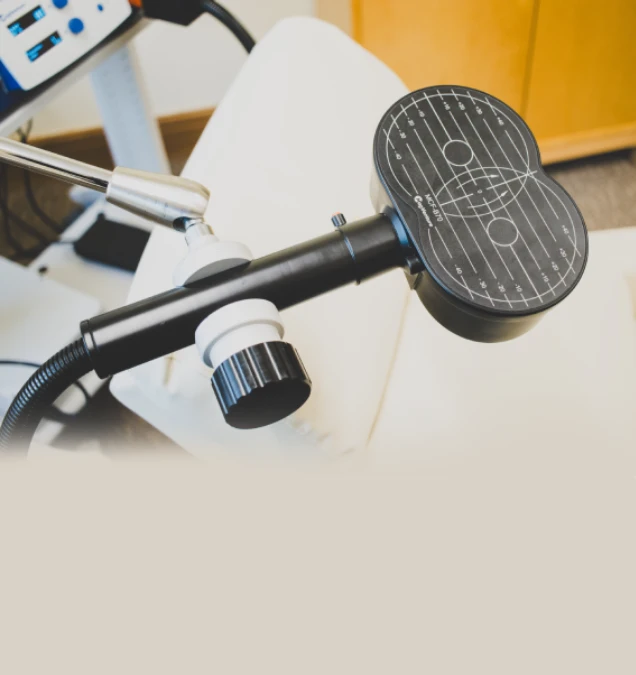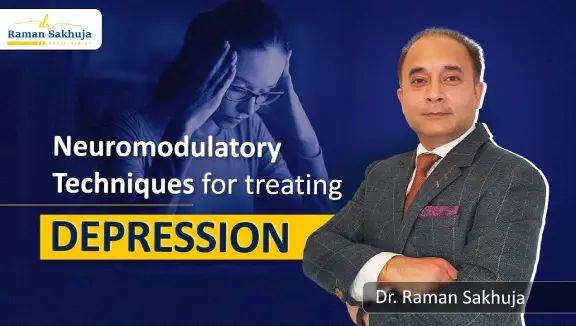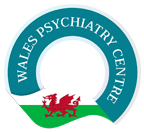The risks with rTMS are generally negligible.
The common side effects that could be seen in the patients treated with rTMS are:
• Mild headache- It could be easily managed using good ear plugs during the treatment session, by ensuring the body is kept hydrated, or by simply taking some painkiller.
• Feelings of light-headedness
• Tingling or tightening of the muscles in the face, jaw, or scalp due to electromagnetic pulses
• Temporary hearing issues because of the loud noise from magnetic coils, which can often be prevented by use of ear buds during treatment.
It was previously thought that r-TMS could lead to seizures, however, rarely do patients have an incidence of seizures post-treatment with rTMS. The statistics and incidence of seizures with TMS are significantly lower than for the patient prescribed antidepressant therapy. This means it is a much safer treatment and with newer protocols using Theta Burst stimulations is becoming more common. Theta Burst is a higher frequency stimulation which allows for the active treatment duration per session to be reduced to around 5 min.
rTMS therapy is not meant for people having:
• Shrapnel or bullet fragments near their head
• Implanted stimulators
• Stents in the brain or neck
• Implantable cardioverter defibrillator or pacemakers
• Aneurysm clips or coils
• Metal implants in the eyes or ears
• Permanent facial tattoos with magnetic inks or dyes that are sensitive to magnets
With the standard protocols that have been used for TMS treatment, each treatment session lasts for about 40 minutes. Transcranial Magnetic Stimulation has to be carried out every day for up to 4 weeks, which means 30 odd sessions are required to be done repeatedly to start noticing differences. Most patients start experiencing its benefits of it in about 2 weeks or so.
However, as more research evidence is coming up along with the clinical experience, the protocol has been shortened and now each treatment session can be done in just 20 minutes.
Furthermore, the recent protocols make use of certain high frequencies called Theta Burst stimulations which makes one treatment session lasts for about 3-5 minutes. People can undergo 2-3 sessions of theta burst stimulation in a single day with similar results as that provided by the standard protocol.
Researchers and doctors are even looking into tailor-made treatment packages for rTMS wherein the brain could be technically looked at by seeing at different brain frequencies to find out to what extent a particular brain portion is functioning so that less functional areas can be modulated with rTMS to get the best results.
As seen in studies and clinical practice, with each addition of antidepressants to treat depression the remission rates start becoming lower and over time even the relapses also increase, hence making treatment difficult. However, with rTMS, the remission rates are significantly much higher. This means the patient starts getting better with each treatment session and their quality of life improves.
The price to be paid for your complete rTMS therapy can vary based on the location of the clinic, the number of sessions required, and the doctor experience. Many insurance companies may not cover its cost while some may at least pay a portion. If one is unable to pay the entire amount as quoted by the doctor, they can look for the payment plans and discounted programs offered by some healthcare facilities, hospitals, and doctor’s offices.
In order to learn more about repetitive transcranial magnetic stimulation in Wales, consult about Repetitive Transcranial Magnetic Stimulation in detail, consult now Dr. Raman Sakhuja, an expert and experienced Psychiatrist in Cardiff.



